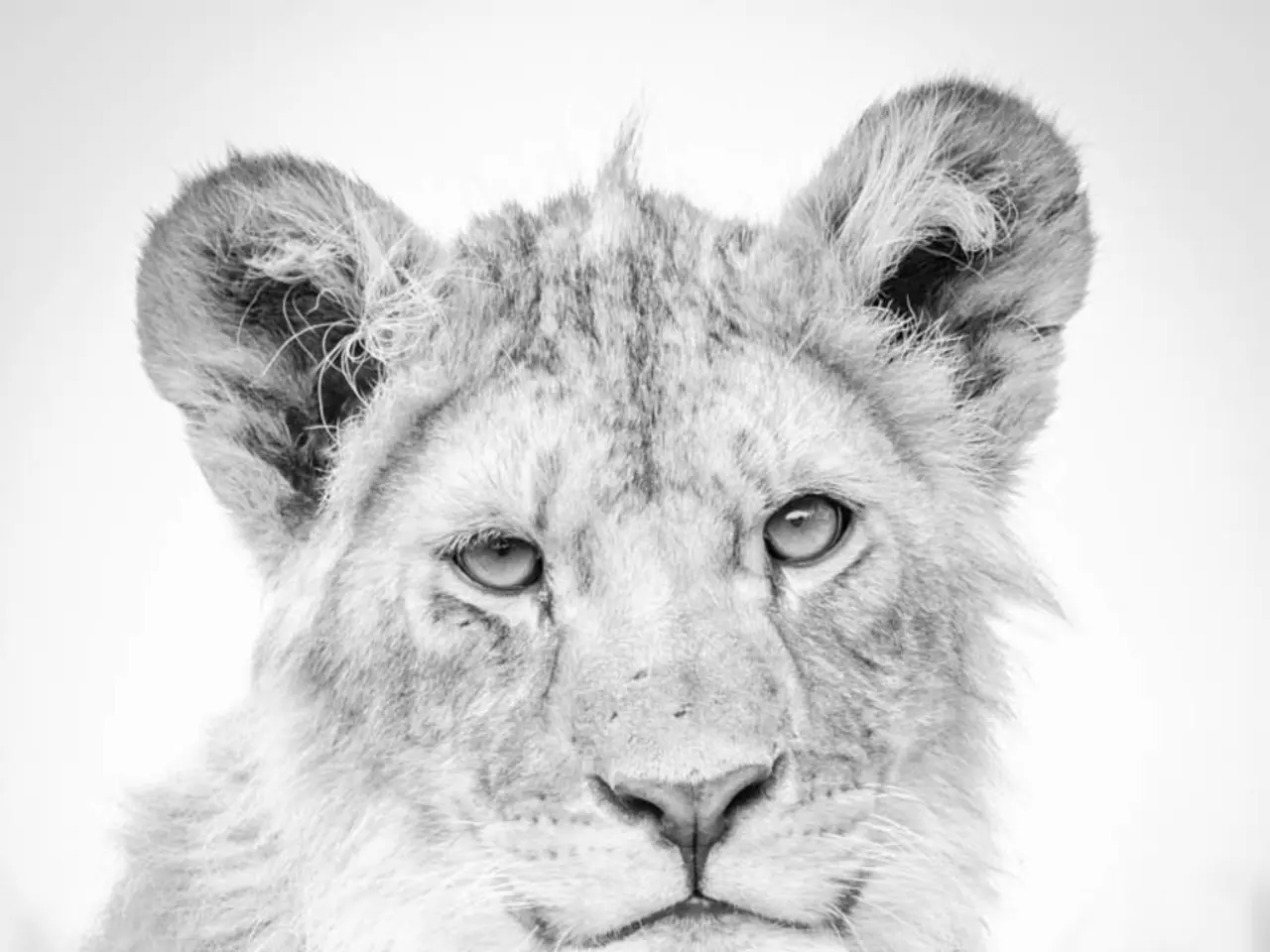Zoo Leipzig euthanizes three newborn tigers
The Leipzig Zoo has found itself at the centre of a controversy after it was forced to euthanize three Amur tiger cubs due to their mother's refusal to care for them. The cubs, born to a tigress named Yushka, became weak and showed signs of starvation and cooling, prompting the difficult decision to end their suffering [1][2][3].
PETA, the animal rights organisation, has strongly condemned the zoo's actions, filing a criminal complaint and demanding an end to such breeding programs. PETA argues that breeding Amur tigers in captivity is ineffective for species conservation, as these animals cannot be released into the wild. They criticise the practice as senseless and harmful, attributing the mother's rejection to artificial breeding conditions rather than natural behaviour in the wild, where tigresses almost always care for their offspring [1].
The Leipzig Zoo, however, defends its decision and expresses a commitment to continue breeding efforts with Yushka, hoping she will contribute naturally to species survival in the future. The zoo emphasises adherence to scientific standards and the importance of natural maternal care over human intervention in raising the cubs [2][3].
The mother tiger, being inexperienced, initially licked her newborns dry but later turned away from them for several hours. This led to the cubs cooling down and becoming weaker. Hand-rearing the small tigers by keepers was not an option due to the zoo's breeding goals [2][3].
The zoo claims to breed animals without malformations and maintains that the decision to euthanize the cubs was made when they were no longer showing active behaviour, and thus no stimulus for care or milk production was triggered in the mother [4].
In a separate incident, the Nuremberg Zoo had to kill twelve baboons due to lack of space in July. This decision has also sparked outrage and a criminal complaint, with animal rights activists considering it legally questionable [5].
This is not the first time European zoos have faced criticism for their handling of animals. The Aalborg Zoo in Denmark faced outrage for asking for pet donations as food for predators, while the Leipzig Zoo caused a storm of indignation in 2023 by slaughtering a healthy zebra stallion and feeding it to its lions [6].
PETA's campaign manager, Peter Höffken, stated that the organisation wants to have the legality of the killing examined with their complaint. They demand an immediate stop to the breeding programs for Siberian tigers, arguing that they have no place in Leipzig [1].
The Leipzig Zoo plans to continue breeding Amur tigers, including Yushka, who gave birth to the first litter of her tiger cubs on Wednesday evening [3].
References: 1. PETA to File Criminal Complaint Against Leipzig Zoo Over Tiger Cub Deaths 2. Leipzig Zoo Forces Tiger Cubs to Death 3. Three Amur Tiger Cubs Die at Leipzig Zoo 4. Veterinarian Explains Decision to Euthanize Tiger Cubs 5. Animal Rights Activists Protest Baboon Killings at Nuremberg Zoo 6. Leipzig Zoo Slaughters Healthy Zebra Stallion to Feed Lions
Mental health and health-and-wellness advocates might question the Leipzig Zoo's decision to continue breeding Amur tigers, given the controversy surrounding the recent euthanization of three tiger cubs. The continuous breeding programs are also under scrutiny, with arguments made that they negatively impact the mental health of the animals due to artificial breeding conditions, leading to maternal rejection or other issues.
Fitness-and-exercise enthusiasts might find it disconcerting that hand-rearing the tiger cubs was not an option, even though it could have potentially saved their lives. This raises concerns about the zoo's commitment to providing the best possible care for their animals, especially when it comes to ensuring their survival and well-being.




